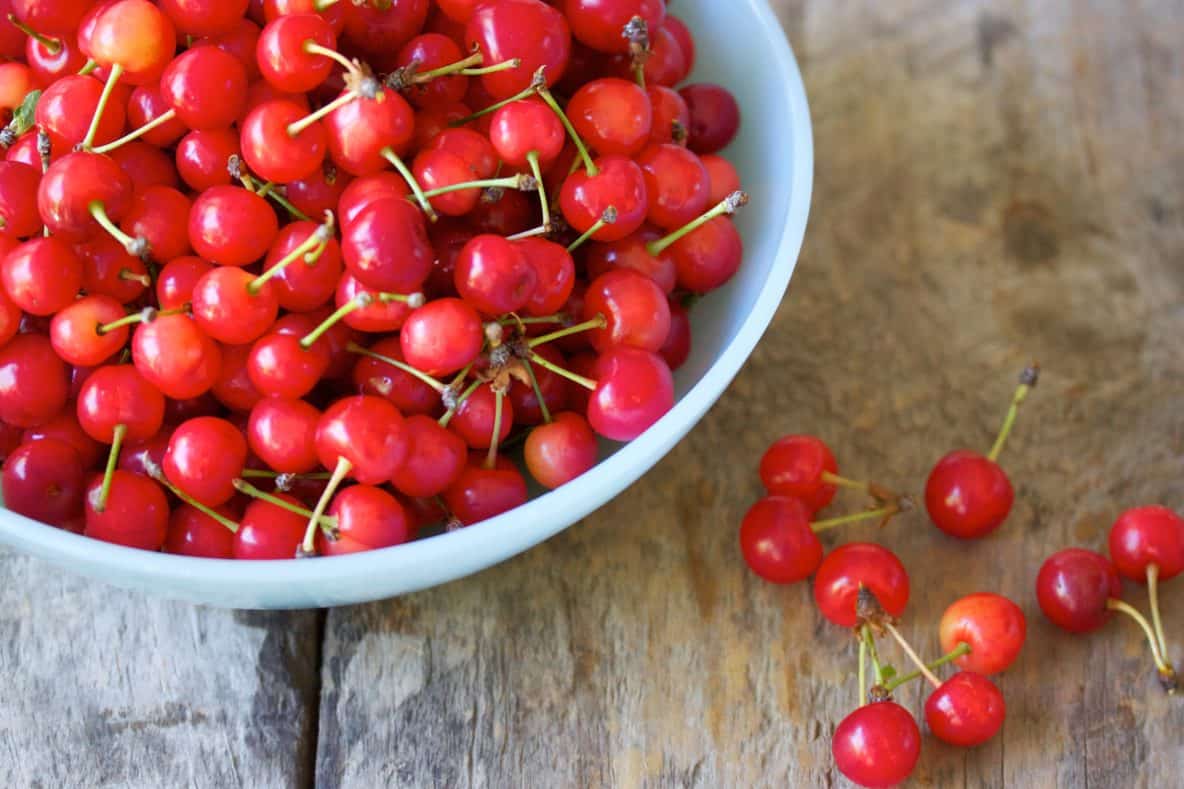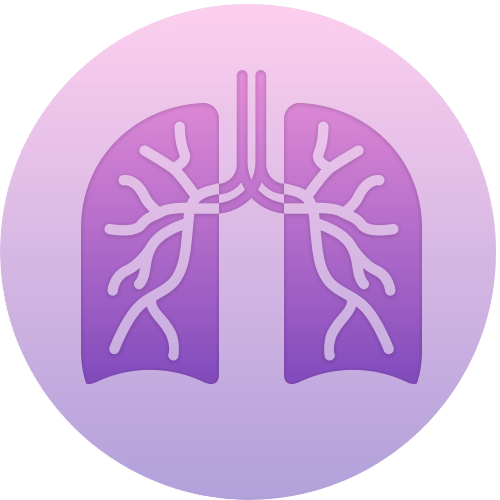The FRUIT that could help you sleep?!

It’s been another busy week in the pharmacy but I’ve really enjoyed catching up with some of you and hearing about your mid-winter holidays – Australia, Fiji, Europe and beyond! Even if travel is not on your agenda, I hope all of you are taking some time to relax – even if it’s a cup of coffee outside to appreciate nature on a beautiful crisp day – it can do wonders for your mental health and sleep!
Continuing on the theme of sleep I’ve been covering the last few weeks, I want to share with you an interesting question from a patient of mine:
“I’ve been reading about tart cherry – I saw it in a health advertisement recently as a natural sleep remedy which is also suitable for children – what do you think Chris? Should I buy some for my family?”
Some of you may be familiar with tart cherry, but for those of you that are not, I’ll give you a brief overview:
Cherries can be divided into sweet or tart varieties. There are two main types of tart cherries – morello and amarelle.
Montmorency tart cherries date back to ancient Rome where the fruit was used for food and the wood to build equipment. It’s a variety of amarelle and is the most common constituent of “medicinal” cherry products.
Tart cherries are claimed to reduce symptoms of gout, arthritis and fight cancer. They are also said to help us sleep which is what I’ll focus on. Tart montmorency cherries are rich in phytonutrients, including anthocyanins, that give cherries, grapes, black currants and other berry fruits their red colour. They also contain melatonin, which if absorbed, may have sleep regulation properties.
Our sleep and wake cycles are strongly influenced by melatonin produced by the brain. More of the hormone is produced in the dark than in the light. This natural source of melatonin influences our core body temperature and helps to promote sleep.
There have been limited clinical research studies investigating cherry extracts on sleep, most of the evidence for tart cherries come from small studies. They have shown that tart cherries were associated with a reduction of insomnia severity and an increase in total sleep time. However, there have been no studies involving children, therefore the efficacy and safety of cherry extracts are not known.
The studies found that the amount of melatonin in the cherry extracts was very small – smaller than the level found to have an impact on our sleep! There may be a different way than tart cherries helps our sleep that we don’t know about yet.
Do tart cherries interact with my medicines?
It can interfere with some medicines including blood thinners – if you’re thinking of starting a product talk to myself or one of the team members to make sure it’s ok.
Could I just eat cherries instead?
Tart cherries have a short season and can be difficult to source in New Zealand. They are more readily available as juice, capsules, lozenges and sachets.
So, is it worth trialling a tart cherry product?
I think that if you are having difficulty sleeping and have tried sleep hygiene techniques (see my last email for details) then trialling a product for one or two weeks could be helpful. I recommend keeping a sleep diary to track if there had been any improvement in your sleep during this time. If there has been no improvement or you begin to experience adverse effects then stop the tart cherry product.
As always you can speak to myself or a team member for recommendations or alternatives if it’s not right for you.
Sweet dreams,
Chris
Pharmacist


















